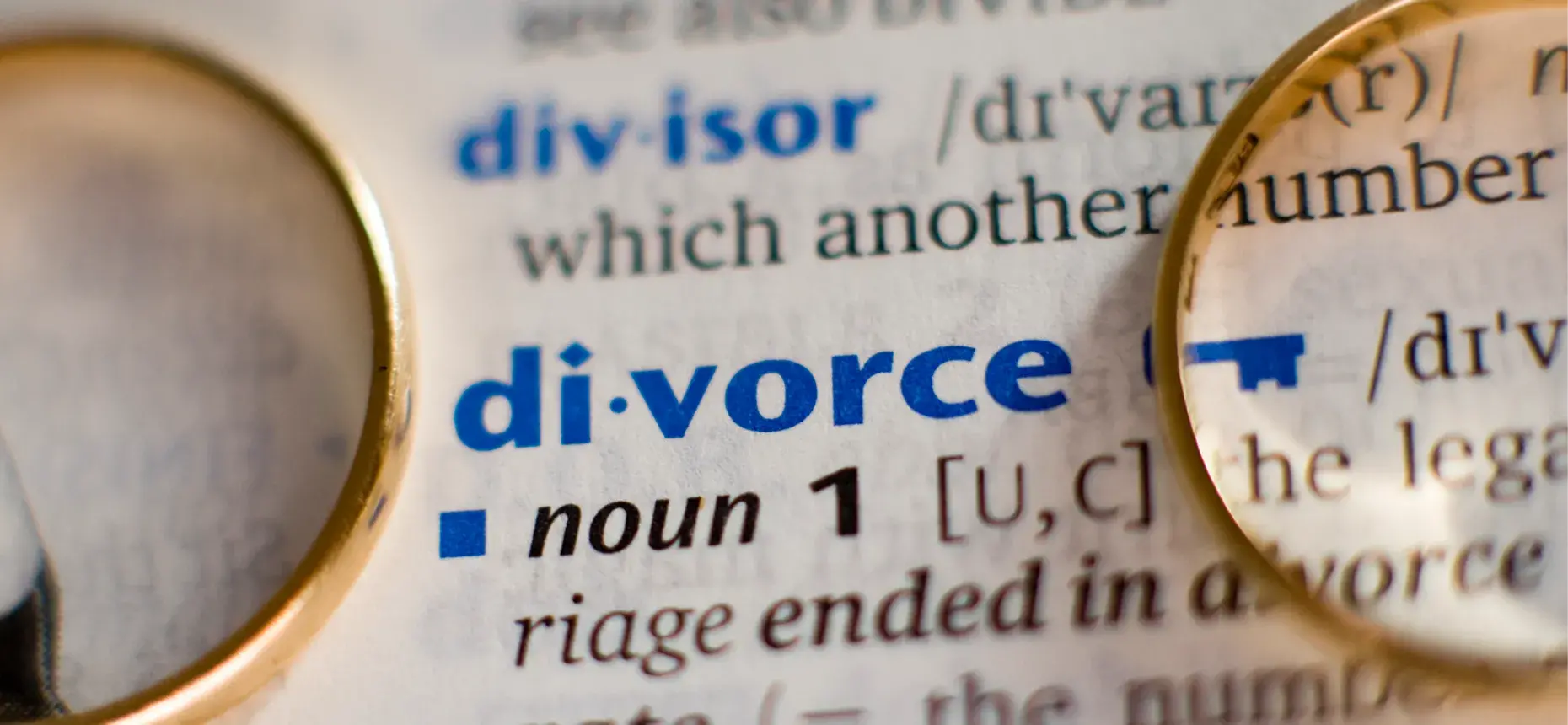This development has not removed the previous ‘five conditions’ petitions that allowed one side of a couple to ask for divorce. In fact, the changes were designed to minimise excessive and complicated terminology – with less Latin as well – meaning that not all divorces have the highly contentious apportionment of blame at outset.
What it did provide is the ability for a couple to separate on better terms. With the pressures and circumstances of family life driven by escalating living costs and workplace pressures, it’s no wonder that we, as individuals, can feel the strain and this can put pressure on a marriage.
Even with this evolution of process, a divorce may still be a lengthy affair and take six months or more, even if both parties agree to the first steps.
An application for divorce is only the first step, and getting those elements that could be most contentious sorted out will be key.
The focus, rightly, is often on short-term and long-term care for children, while also ensuring there is a fair split of assets between divorcing parties.
As such, having a plan (and some tough conversations) early may make any issues down the line less of a challenge.
Plan ahead
Often misunderstood, there is an ability to put in place pre-marital or pre-nuptial agreements, which can provide some level of security for both parties at the outset of a marriage in case of separation.
Even for those couples not getting married, cohabitation agreements can be invaluable to protect everyone.
This is especially so in single-income households where there is a dependency or potentially a limited ability for one party to live following separation.
Reaching out to a suitable family solicitor before taking the plunge, or even after, can make a real difference and provide a starting point for discussions on separation. This is a professional service that can help everyone with expectations.
Money now versus money later
In England and Wales, all assets in the marriage can be brought to the table for settlement, including pensions, rental properties, overseas assets, and cash.
However, there is a key difference in these assets, in that some are more or less liquid. Cash flow is often king, especially in my house with two children with rapidly increasing expensive hobbies, and therefore understanding what you have, and how effective it is in meeting your goals, is key.
As life is getting more expensive understanding income, benefits available and tax efficiency is vital.
Post-divorce there will be two sets of living costs and rent/mortgage to be paid, placing a fresh burden on both parties to make sure any excess cash flow doesn’t dwindle or even disappear to meet these expenses.
If some assets are split by a pension sharing order, these cannot be accessed until reaching normal minimum pension age at 55 (rising to 57 from April 2028). This can help in planning for later life but does not put food on the table now.
Again, professional advice is important.
Retirement planning and financial education
Often in a marriage or relationship, a job can be assigned to one partner or another. For me, one of them is emptying the bins!
It may be that one partner lacks financial knowledge, or how to locate and access jointly-held assets in a relationship.
In the end, not everyone knows the difference between a pension, an Individual Savings Account (ISA) or bond and the minutiae of their functions. It’s why I have a job at the end of the day.
Seeking professional advice from an early stage so you’re aware of options and values allows you to plan living costs now while reassessing a retirement strategy that may have less income dedicated to it in the short term.
It can also provide protection.
Post-divorce, a will remains valid, therefore it’s vital that you rewrite yours if required. Couples should also look at any joint life assurance policies that they may need to yield or rebroke in order to provide protection.
Reaching out to solicitors, accountants and financial advisers at a life-changing event like this is key and at Mattioli Woods we’re always happy to take the time for a coffee and a conversation to see where we can help.
This article was written by Wealth Management Consultant Andrew Goulter.
Content correct at time of writing (January 2025).
This article has been produced for information purposes only. It is not intended to be an invitation to buy or act upon the comments made. All investment decisions should be taken with advice, given appropriate knowledge of the investor’s circumstances and one must satisfy certain investor criteria before being considered eligible to invest. Any forward-looking statements and forecasted returns represent the current views of Mattioli Woods Limited and may be subject to change. Your capital may be at risk and past performance is not a guide to future returns. Mattioli Woods Limited is authorised and regulated by the Financial Conduct Authority.







